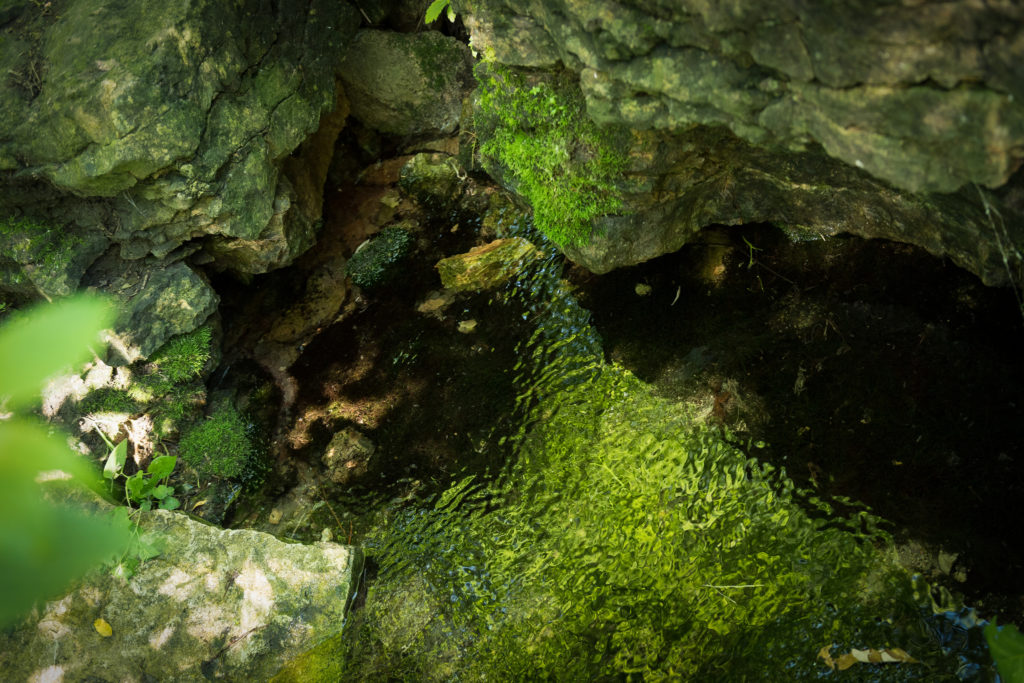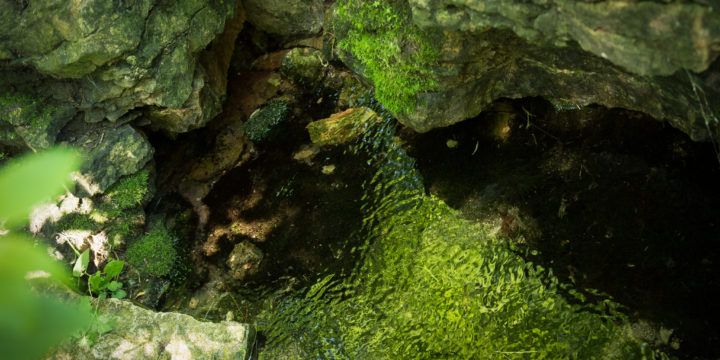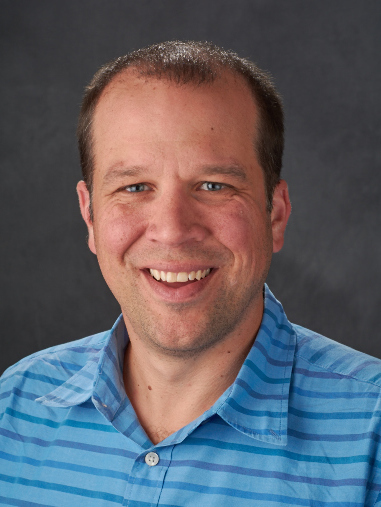
February 14, 2018
By Marie Zhuikov
Wisconsin is one of the only states in the U.S. that coordinates its groundwater research and monitoring through a special council. Since 1984, the Groundwater Coordinating Council (GCC) has fostered the exchange of information about groundwater programs among state agencies, and promoted efficiencies to benefit this subterranean resource.
“It’s something unique about Wisconsin that other states might want to think about,” said Jennifer Hauxwell, who helps coordinate research proposal reviews for the GCC and is assistant director for research and student engagement for the University of Wisconsin Water Resources Institute, which is part of the GCC.
“The council has been a great resource and venue for raising groundwater issues and trying to tackle them,” said Steve Elmore, director of the Drinking Water and Groundwater Program for the Wisconsin Department of Natural Resources. “When you have broad issues like nitrate and bacterial contamination of groundwater that affects a whole region, you need more than one agency or entity to deal with those sorts of issues.”
The Aldicarb Connection
The council has convened for almost 35 years and has funded 455 projects, so now seems like a good time to reflect on why it originated and what it has accomplished during that span.
According to the book, “Pesticides and Groundwater Quality: Issues and Problems in Four States” by Patrick Holden, the GCC was established in response to groundwater contamination by the pesticide aldicarb, which is used on potatoes to protect them from insects. Wisconsin has consistently ranked as a top potato-producing state. It’s currently third behind Idaho and Washington. In 1984, for example, the U.S. Department of Agriculture reported that farmers planted 64,000 acres, and likely applied a lot of aldicarb to those potatoes.
Concern about the contamination led to the passage of the groundwater protection law, 1983 Wisconsin Act 410, which called for formation of the GCC to develop and manage a groundwater monitoring program that would check for the presence of contaminants and assess if efforts to limit exposure to aldicarb were effective.
The council is composed of representatives of state agencies with groundwater protection responsibilities, along with a governor’s representative. The agencies involved include the Wisconsin departments of natural resources, agriculture, safety, health services and transportation, plus the Geological Natural History Survey and the University of Wisconsin System.
How the Council Works
According to state statutes, the GCC serves “as a means of increasing the efficiency and facilitating the effective functioning of state agencies in activities related to groundwater management.” The GCC “advises and assists state agencies in the coordination of non-regulatory programs and the exchange of information related to groundwater, including, but not limited to, agency budgets for groundwater programs, groundwater monitoring, data management, public information and education, laboratory analysis and facilities, research activities and the appropriation and allocation of state funds for research.”
Piece of cake, right? To do all these things, the GCC meets quarterly, coordinates an annual competition for groundwater research and monitoring projects, and prepares an annual report to the Legislature.
The state provides funding for groundwater activities, which goes to the University of Wisconsin System to support research and monitoring and is coordinated by the Water Resources Institute. The institute receives additional federal funds through the U.S. Geological Survey to support the work. Projects for funding are selected only after rigorous review by experts from around the world as well as the GCC research and monitoring subcommittee, with advice from the UW System’s Groundwater Research Advisory Council. In addition, other state agencies like the DNR routinely allocate part of their funding toward groundwater projects.
Besides protecting water supplies from contamination, another reason why the GCC was formed in Wisconsin is the importance of groundwater to the people of the state.
“Many people don’t realize where their water comes from,” said Hauxwell. “In Wisconsin, only the coastal communities draw their water from Great Lakes surface water sources. Lake Winnebago is a surface water source as well. Pretty much everyone else relies on ground water.”
Wisconsin leads the nation in the number of public water systems that rely on groundwater. Over 97 percent of agricultural irrigation water and more than one-third of the water used for commercial and industrial purposes comes from groundwater supplies. And many ecosystems in the state require clean, plentiful groundwater supplies.
“Other states have asked Wisconsin a number of times how the GCC works,” said James Hurley, Water Resources Institute director. Currently, only Ohio and Illinois have groundwater coordinating councils. Several national groundwater organizations offer resources for states that don’t have their own councils.
Impacts and Emerging Issues
Findings from the research projects have had significant impacts recently. These include:
- Development of a UV light water-purifying system that received a U.S. patent and attracted more than $7 million in investment capital for a Wisconsin-based company.
- Scientists have refined methods to pinpoint sources of well water contamination. Their efforts reduced the number of contaminated private wells across the state.
- The U.S. Environmental Protection Agency used findings from research into sources of the contaminant mercury in the environment to formulate rules for how much mercury power plants can emit.
- The Nuclear Regulatory Commission and the Department of Energy are changing the design of covers and barrier systems for low-level radioactive waste disposal and uranium mine tailings sites across the country based on research findings.
- State regulators are considering whether to set limits for strontium, which researchers discovered is a natural element in wells in Brown, Calumet, Oconto and Outagamie counties. Strontium can cause rickets and damage tooth enamel in young people.
The GCC has identified several issues for future work in its 2017 Report to the Legislature. These include sand minding, livestock industry expansion, effects of extreme weather and metallic mining (lead, zinc, iron and copper).
Elmore said other contaminants of concern are arsenic, strontium, and perfluorinated compounds (historically used in firefighting foam, Teflon and Gortex clothing).
Todd Ambs chaired the GCC from 2003 to 2010 and now directs Healing Our Waters-Great Lakes Coalition, a regional conservation partnership. He said, “I was always impressed that the GCC conducts straight-up scientific research on important water issues. The funding decisions were very much driven by the science and the scientists who looked at the proposals and made choices based on their merits.”
“What a wonderful idea to get all of the state organizations that manage or are affected by groundwater in some way to talk to gather quarterly. People are at the table together to receive updates from researchers, figure out where the priorities and challenges are for the state and how to most efficiently pool resources. I think it’s something that Wisconsin should be very proud of,” Hauxwell said.




